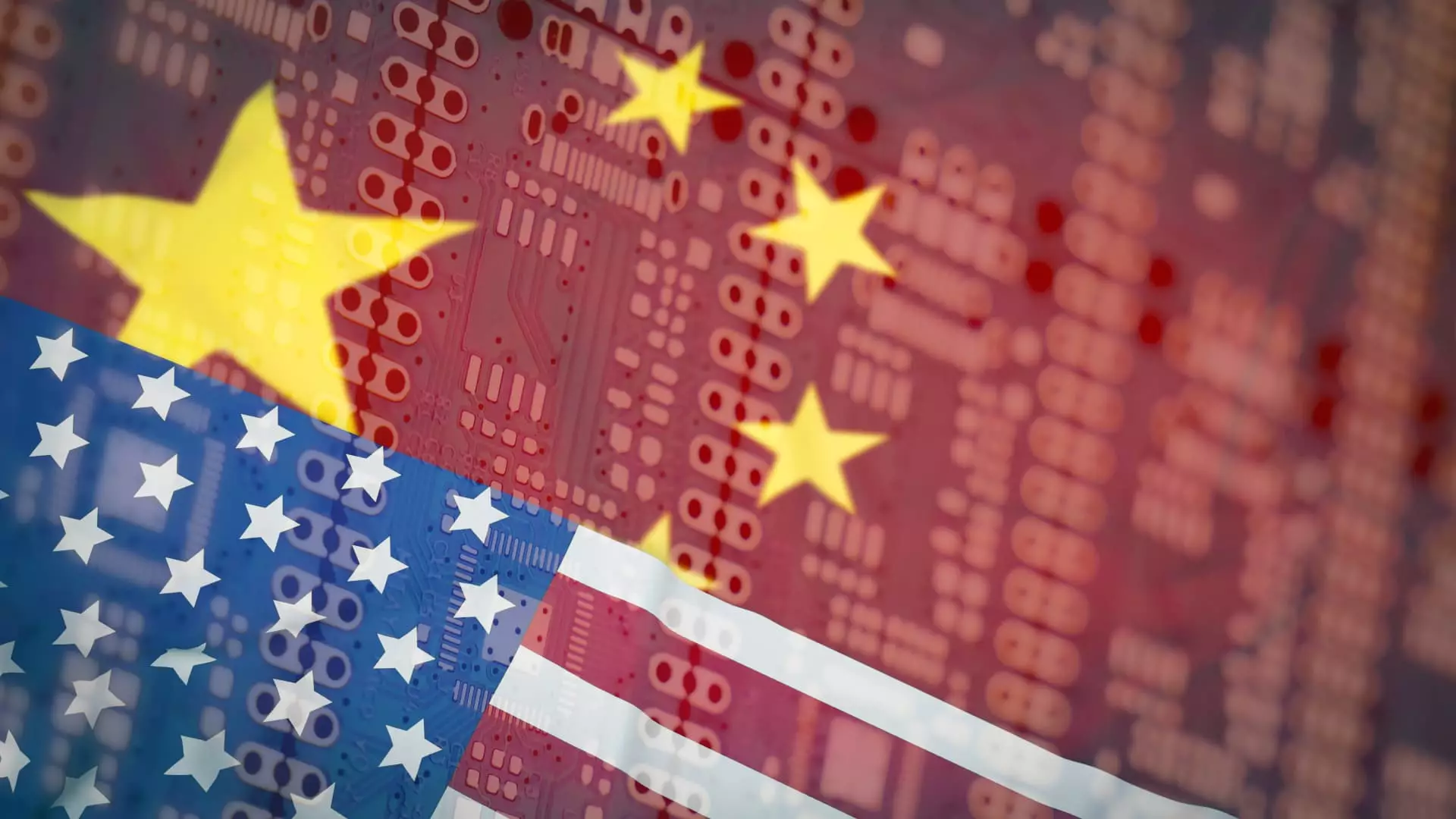In the realm of generative artificial intelligence, the spotlight has traditionally shone on big U.S. players like OpenAI, Google, and Meta. However, over the past 18 months, China’s tech giants have been making significant strides in the AI space. Companies such as Alibaba, Tencent, Baidu, Huawei, and ByteDance have all entered the fray, launching their own AI models and challenging the dominance of their American counterparts. This move signals China’s ambition to establish itself as a global leader in AI and intensifies the ongoing technology battle between China and the U.S.
Chinese companies have been quick to develop generative AI applications that rival those of their Western counterparts. One prominent example is Baidu, which was among the first in China to introduce generative AI to the market. Baidu’s Ernie Bot, powered by its advanced AI model, boasts an impressive user base of 300 million and competes directly with OpenAI’s ChatGPT. The latest iteration of Baidu’s model, Ernie 4.0, offers capabilities on par with OpenAI’s GPT-4, showcasing the rapid progress made by Chinese tech firms in this space.
Alibaba, another major player in the Chinese tech industry, has rolled out its own set of foundational AI models under the name Tongyi Qianwen. These models, collectively known as Qwen, cater to a variety of tasks such as content creation, math problem-solving, and audio-to-text conversion. Notably, Alibaba has made certain versions of its Qwen models open-source, allowing developers to access and utilize them within certain constraints. Tencent, on the other hand, introduced its foundational model, Hunyuan, which boasts strong Chinese language processing capabilities and advanced logical reasoning. The model supports functions like image creation and text recognition, making it a versatile tool for companies across various industries.
While some Chinese tech companies focus on general-purpose AI models, others like Huawei have taken a more targeted approach. Huawei’s Pangu AI models are designed for specific industries such as government, finance, manufacturing, mining, and meteorology. For instance, Huawei’s Pangu Meteorology Model can predict the trajectory of a typhoon over 10 days in just 10 seconds, a significant improvement over traditional forecasting methods. These industry-specific AI models not only streamline operations but also enhance productivity and efficiency in various sectors.
Despite being a late entrant to the AI race, ByteDance, the parent company of TikTok, has made a splash with its AI model, Doubao. This model offers a range of capabilities, including voice generation and code generation, at a significantly lower price point compared to its competitors. By democratizing access to advanced AI technology, ByteDance aims to carve out its niche in the competitive AI landscape and diversify its product offerings beyond social media platforms.
China’s emergence as a formidable player in the generative AI space represents a significant shift in the global AI landscape. With leading tech companies investing heavily in AI research and development, the race for AI supremacy is becoming increasingly competitive and dynamic. As Chinese AI models continue to evolve and innovate, the tech industry can expect to see a new wave of transformative AI applications that push the boundaries of what is possible in artificial intelligence.


Leave a Reply